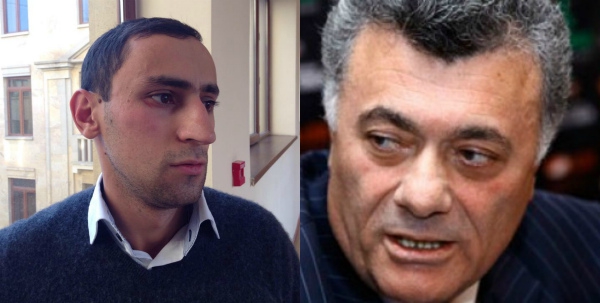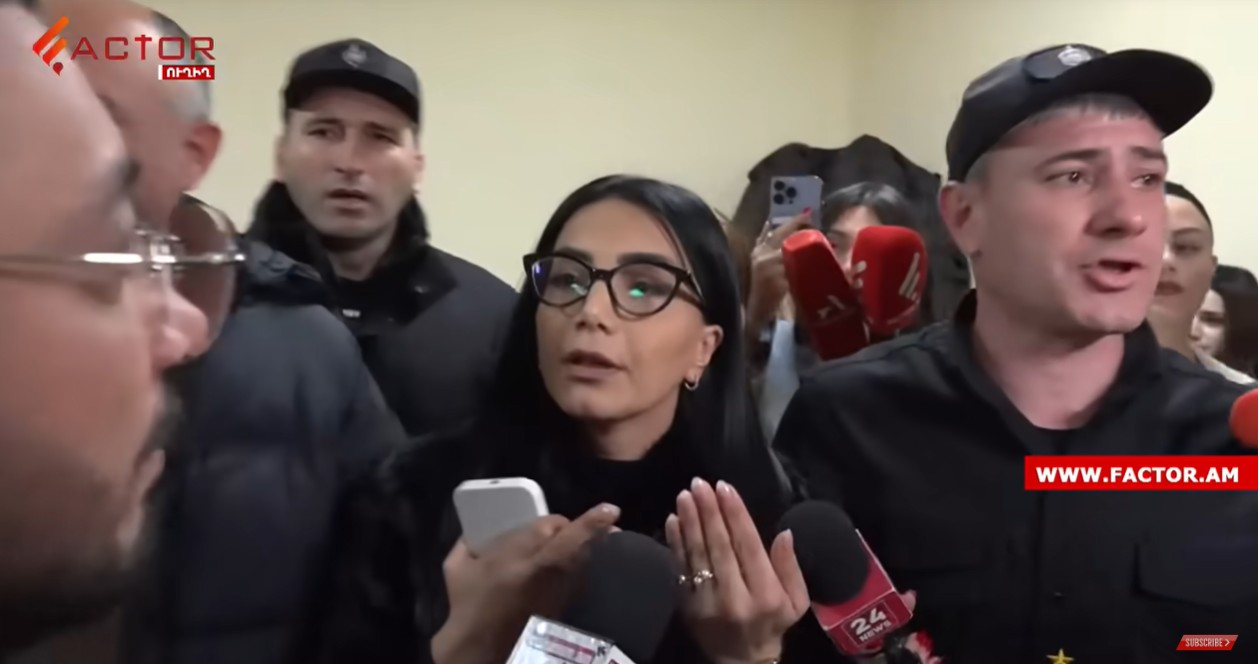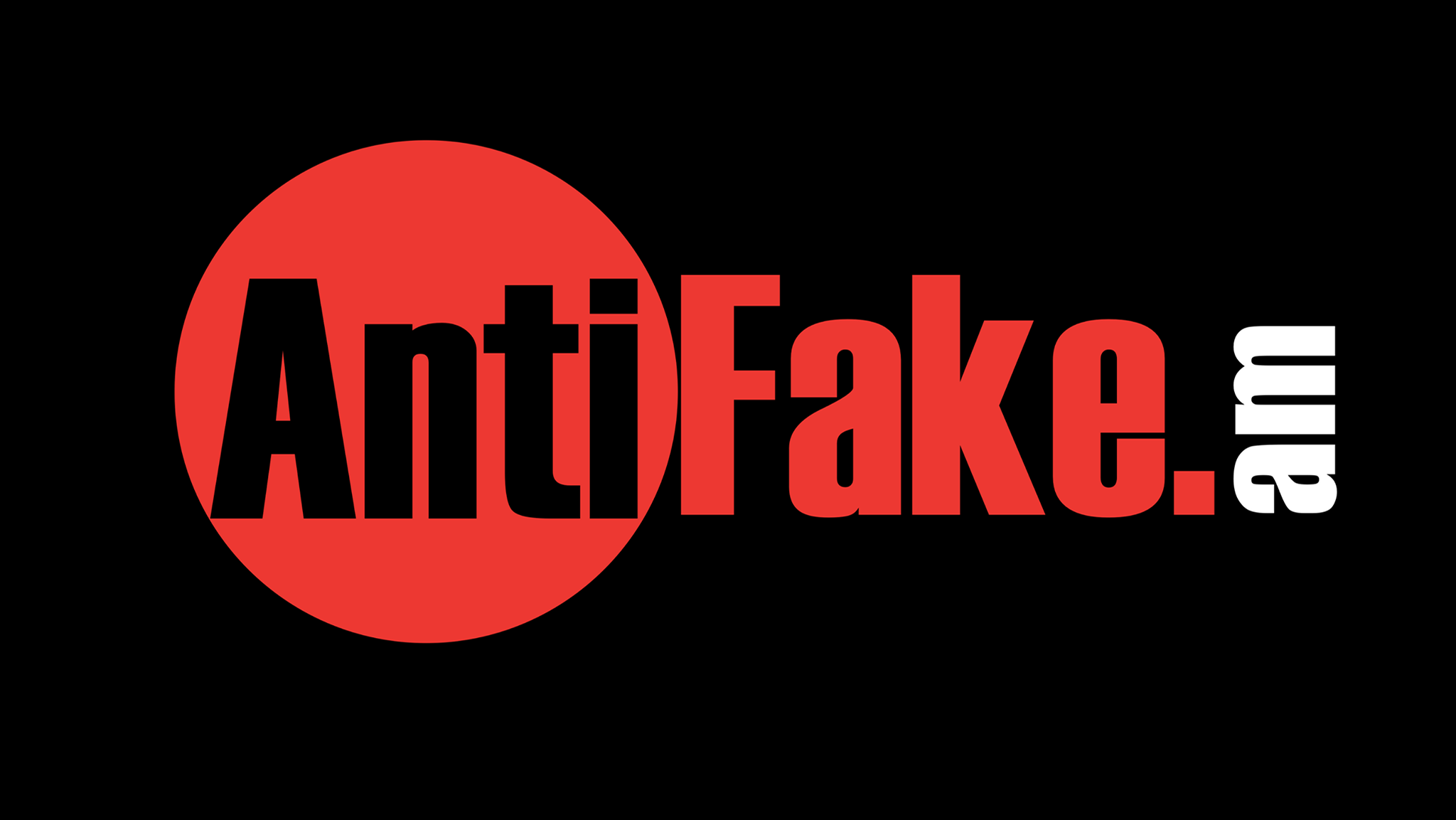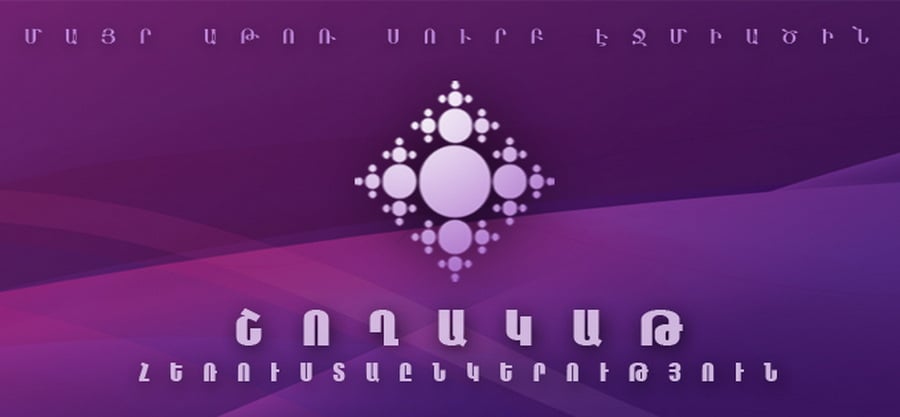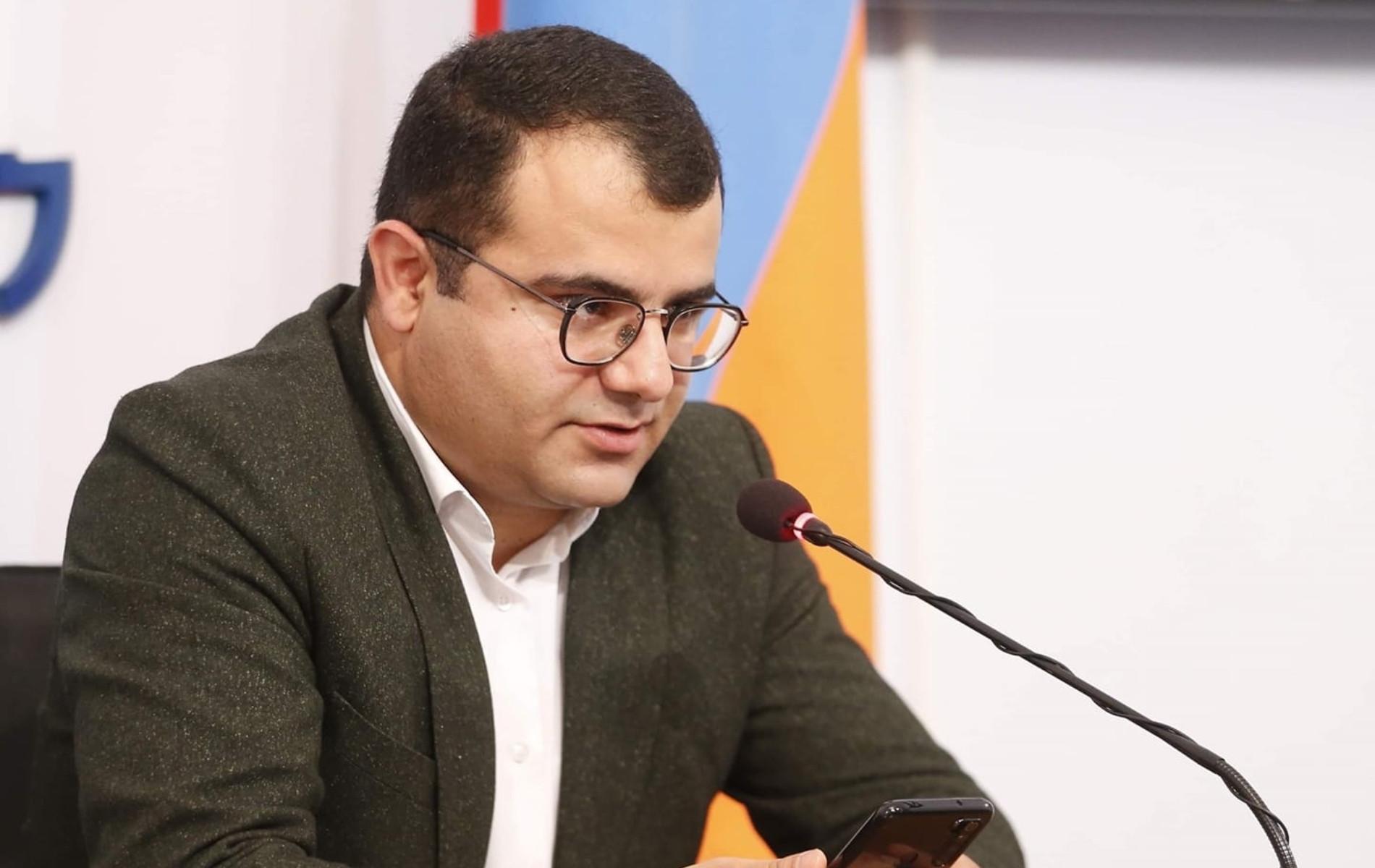 The Committee to Protect Freedom of Expression received a letter from the NA temporary Ethics commission informing that application by the CPFE in relation to violence used by parliamentarian Roubik Hakobyan against Vahe Makaryan, journalist from “Hraparak” daily, “is considered rejected”.
The Committee to Protect Freedom of Expression received a letter from the NA temporary Ethics commission informing that application by the CPFE in relation to violence used by parliamentarian Roubik Hakobyan against Vahe Makaryan, journalist from “Hraparak” daily, “is considered rejected”.
We should remind that on December 7, 2016, along with his accredited colleagues Vahe Makaryan asked questions to the parliamentarian about his past membership in ARPD and current relations with the party, but was treated rudely. The journalist’s attempt to ask the parliamentarian a question later again failed and turned into a quarrel, during which Roubik Hakobyan said he would teach the journalist “to be polite” and the journalist talked back, saying he could teach the parliamentarian. To continue this conversation the parliamentarian proposed the journalist to talk separately from others and, according to Vahe Makaryan, during the argument the parliamentarian punched him and used sexual blasphemy. The trace of the blow was evident in the video materials published by the media outlets, where the journalist introduces details about the incident. The parliamentarian justified his conduct by the journalist’s impudent behavior.
Nine media outlets made a joint statement, demanding parliamentarian Roubik Hakobyan to apologize to journalist Vahe Makaryan and in future to avoid any obscene conduct when communicating with mass media representatives. They also demanded from the NA temporary Ethics commission to look into the incident and make public their conclusion.
On the following day of the incident, Roubik Hakobyan apologized, not to Vahe Makaryan, but to the Parliament, as negative assessments were voiced addressed to the parliament because of the incident.
On December 21, 2016, the Committee to protect freedom of expression sent a special delivery letter to the NA temporary Ethics commission in relation to violence used by Roubik Hakobyan against the journalist; however, the parliament stated they received no letter. On February 14 of this year, the CPFE sent another letter to the National Assembly. This time the letter reached the addressee, and on March 6 the Commission made decision to look into the letter. In May, as we already mentioned, the CPFE received a written notification that the commission considered the application rejected. The reply letter referred to various provisions in the RA Law “National Assembly regulation”, according to which if the commission does not finish the examination of an issues within a defined date, the application is considered rejected. To get more detailed clarification, we contacted Liana Simonyan, secretary of the commission, who stated, “Majority of the members of the commission was participating in the pre-election campaign and because of the absence of the quorum, we failed to convene a meeting. According to the law, if the proceeding is not over during the defined date, a decision is not made and the application is considered rejected.”
Journalist Vahe Makaryan considers this decision by the commission a consequence of inaction and irresponsibility. In conversation with CPFE, he stated that he did not have specific expectations from this body, taking into consideration the fact of its limited powers. “The NA Ethics commission looks into the parliamentarian’s conduct only, and as a result it does not define any responsibility or sanction. From the very beginning, it was just a formal body with absolutely useless functions. However, when this body does not carry out the functions laid down on it by law that proves its inaction. Referring to technical excuses, they want to justify the rejection of the application. In fact, this way an attempt it being made to conceal the issue, not to convene a meeting, avoid extra scandal, as it would draw attention of the media outlets”, – stated Vahe Makaryan. According to him, such a tendency was noticed with the law enforcement bodies as well. The case filed at the SIS, was stopped. According to the journalist, the Ethics commission, in its turn, violates the journalist’s right and ignores the parliamentarian’s obscene conduct.
According to lawyer Ara Ghazaryan, violence has been used against the journalist, however he is deprived of remedy. “Firstly, the criminal case filed was stopped. The journalist is still arguing that decision in the court. The Ethics commission in its turn rejects the application to look into the parliamentarian’s conduct. Not finishing the proceeding in a defined date is not the journalist’s problem, but the problem of the commission. The application was submitted in February, and if desired, they would manage to look into it. Whereas they waited until the parliament is dismissed, and then they would justify that the Parliament and the law are not functional and that person in the parliament, i.e. the subject, is not a parliamentarian any longer, which means the proceeding cannot be held. It is obvious that they deliberately delayed it”, – stated the lawyer. According to him, the issue is so important, that the parliamentarians should have perceived and come to that session, as the legislator should be specifically interested in the violation against the journalist by a person carrying out a public mission. “After all, the journalist did not come up and ask questions for his personal interests”, stated Ara Ghazaryan.
According to Boris Navasardyan, Chairperson of the Yerevan press club, the parliamentarians should have been interested in convening the Ethics commission meeting and looking into the issue that was of public interest and deserving serious criticism. Whereas, that commission demonstrated bureaucratic approach attempting to explain why it did not tackle upon the issue. “This is the successive factor that reduces the trust of the society, in the given case also of the media community, towards the parliament. This is a very bad case for the future. I think the parliament should strictly criticize this practice by the commission. The mission of the Ethics commission is not to protect the parliamentarians’ conduct in all possible ways. Vice versa, the parliament should treat with criticism every case of violence by a parliamentarian against a journalist. This is what can contribute to the increase of trust towards the parliament”, – stated Boris Navasardyan.
In the new parliament, according to the new regulation-law, the Ethics commission will be formed ad hoc, based on each complaint. If the National assembly of the 6th convocation continues to work with the same approaches as well, the complaints can be concealed through bureaucratic techniques and it will not come to forming a commission.
All we can do is to record that another case of violence against the journalist remained unpunished…
Lilit Hovhannisyan

